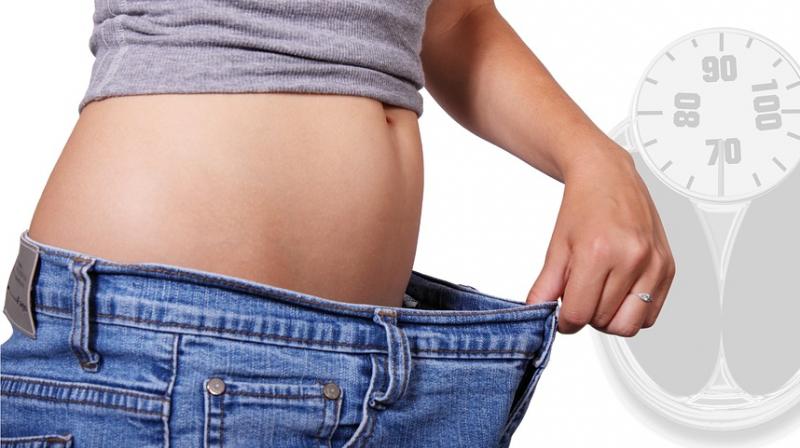8 ways for weight loss without diet or exercise
There are effective ways to reduce your weight, as well as to prevent weight gain in the future.

Sticking to conventional diet plan or exercise regime is often a difficult task for working professionals. Erratic work hours, pressure add to them shifting towards an unhealthy meal plan. However, there are several proven tips that can help you eat fewer calories with ease.
These are effective ways to reduce your weight, as well as to prevent weight gain in the future.
Here are 8 ways to lose weight without diet or exercise.
Chew thoroughly and slow down: Chewing your food thoroughly makes you eat more slowly, which is associated with decreased food intake, increased fullness and smaller portion sizes. How quickly you finish your meals may also affect your weight.
Eat lots of protein: It can increase feelings of fullness, reduce hunger and help you eat fewer calories. This may be because protein affects several hormones that play a role in hunger and fullness, including ghrelin and GLP-1. Some examples of protein-rich foods include chicken breasts, fish, Greek yogurt, lentils, quinoa and almonds.
Eat fiber-rich food: Eating fiber-rich foods may increase satiety, helping you feel fuller for longer. Studies also indicate that one type of fiber, viscous fiber, is particularly helpful for weight loss. It increases fullness and reduces food intake. Viscous fiber is only found in plant foods. Examples include beans, oat cereals, Brussels sprouts, asparagus, oranges and flax seeds.
Drink water regularly: Drinking water can help you eat less and lose weight, especially if you drink it before a meal. Participants who drank water before a meal lost 44 per cent more weight over a 12-week period compared to those who did not.
Serve smaller portions: Larger portions encourage people to eat more and have been linked to an increase in weight gain and obesity. Serving yourself just a little less might help you eat significantly fewer calories.
Eat without distractions: People who eat while they're watching TV or playing computer games may lose track of how much they have eaten. This, in turn, can cause overeating. Absent-mindedness during a meal has an even greater influence on intake later in the day. People who were distracted at a meal ate 25 per cent more calories at later meals than those who were present.
Sleep well, avoid stress: Lack of sleep may disrupt the appetite-regulating hormones leptin and ghrelin. Another hormone, cortisol, becomes elevated when you're stressed Having these hormones fluctuate can increase hunger and cravings for unhealthy food, leading to higher calorie intake. Chronic sleep deprivation and stress may increase your risk of several diseases, including type 2 diabetes and obesity.
No sugary drinks: Sugary beverages like soda have been associated with an increased risk of many diseases. It's very easy to consume excess calories from sugary drinks because liquid calories don't affect fullness the way solid food does. However staying away from these beverages entirely can provide enormous long-term health benefits.

